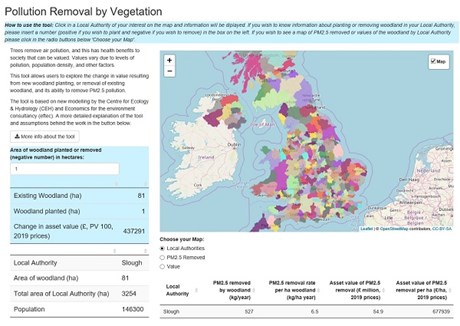Finding meaning in rewilding
Rewilding is held back by quibbles over its precise definition and scope - we need simply to embrace it.
Rewilding is a simple concept: giving land back to wildlife and wildlife back to the land.
To rewild is to restore natural processes, revive degraded habitats, reintroduce species either missing or depleted, and then step back and watch as the ecosystem becomes self-willed and self-regulating once again in an alchemy of flux, dynamism and unpredictability.

